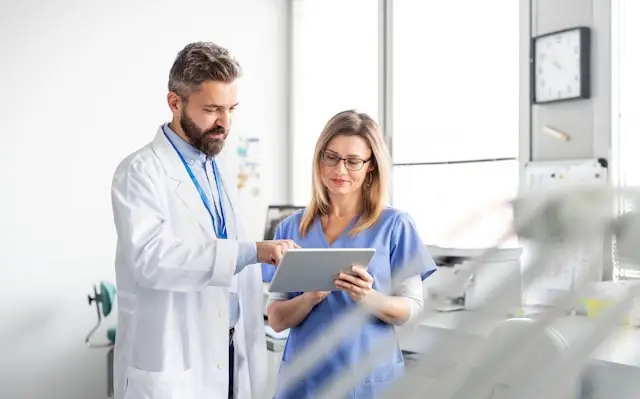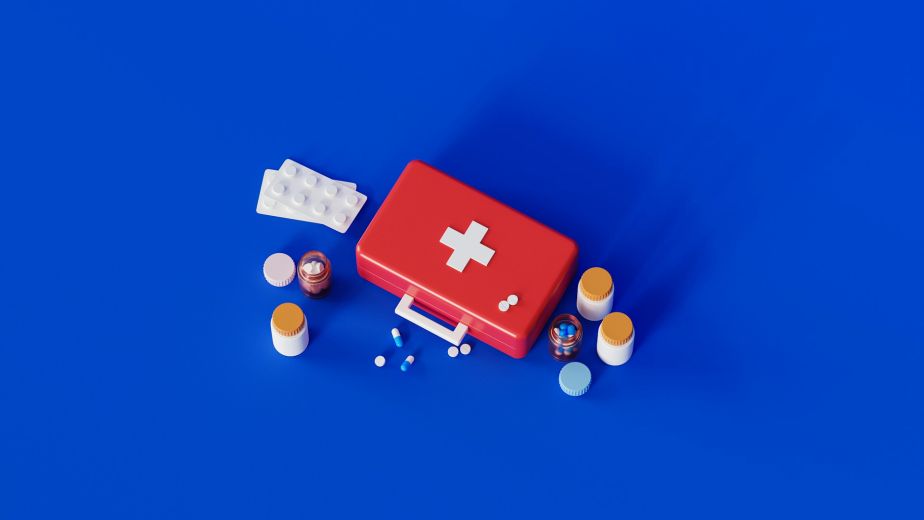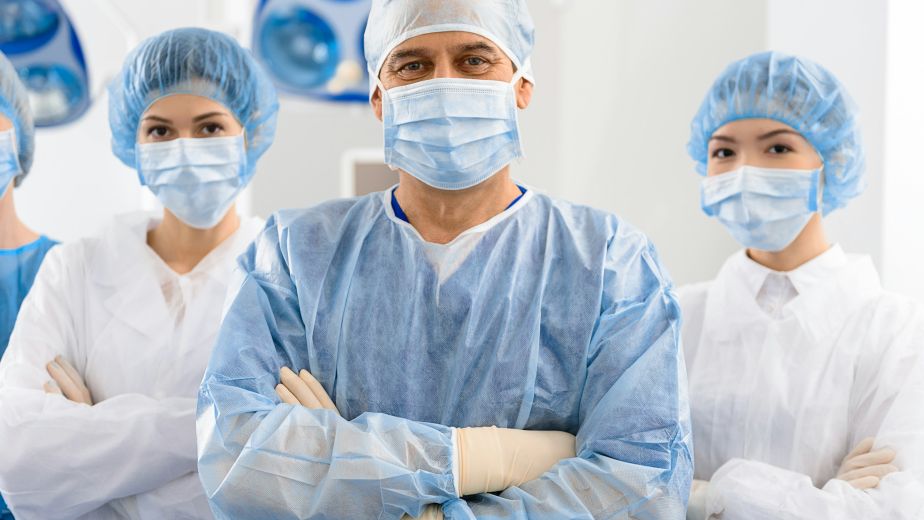Last February, a 47-year-old contractor showed up in my ER with his left hand wrapped in a bloody shop towel. Deep laceration from a table saw—clean cut, thankfully, but it needed sutures. Standard stuff. What wasn’t standard was what happened next.
“Doc, I already started myself on antibiotics,” he said, pulling a bottle from his pocket. “Got ’em online. Fish mox. Same thing, right?”
Wrong. Dead wrong.
The capsules he’d been taking for two days contained amoxicillin, yes—but also trace amounts of heavy metals and God knows what else. No quality control. No dosing verification. No screening for allergies or drug interactions. He’d developed a rash that he’d attributed to “stress” but was actually the beginning stages of an allergic reaction. If he’d continued for another day or two, we’d have been dealing with something far worse than a saw injury.
(I’m still grinding my teeth thinking about this.)
Here's what keeps me up at night
And I mean that literally, not metaphorically.
People are stockpiling fish antibiotics. Veterinary medications. Pills from overseas pharmacies with names you can’t pronounce and addresses that don’t exist. They’re doing it because they’re scared. Because they want to be prepared. Because they’ve lost faith in the system’s ability to protect them when things go sideways.
I get it. I really do.
Hell, I’ve got my own emergency kit at home. Wilderness medicine isn’t just my specialty—it’s my insurance policy.
But there’s prepared, and then there’s playing Russian roulette with your family’s health.
So what's the real risk here?
Let me just… okay. Let me break this down with the clinical detachment of someone who’s seen the consequences firsthand.
Those “fish antibiotics” everyone’s buying? They’re not manufactured to human-grade standards. Period. The FDA found everything from sawdust to toxic metals in tested samples. Your body isn’t a backyard koi pond, and I can’t believe I have to actually write that sentence but here we are.
And the dosing—Christ, the dosing. Even if you somehow get real amoxicillin (big if), veterinary formulations come in different concentrations. Take too little? You breed resistant bacteria that’ll laugh at antibiotics when you really need them. Take too much? We’re talking kidney damage, liver toxicity, anaphylactic shock that’ll kill you faster than whatever infection you were trying to prevent.
But here’s the thing that really gets me: there’s no medical screening. That online form asking if you’re allergic to penicillin? It’s theater. Nobody’s checking if you’re on blood thinners, have kidney disease, or any of the dozen other conditions that make certain antibiotics dangerous or completely useless. I had a patient last year—young guy, seemed healthy, was taking fish antibiotics for a tooth abscess while also on Warfarin for a clotting disorder he “forgot” to mention and… you know what? The internal bleeding he developed would’ve killed him if his roommate hadn’t called 911.
And then there’s the legal stuff. Possessing prescription medications without a valid prescription is illegal. Full stop. When everything goes to hell, the last thing you need is legal problems on top of medical ones.
(You know what’s worse than not having antibiotics in an emergency? Having the wrong antibiotics. Or contaminated ones. Or ones that interact fatally with your blood pressure medication that you didn’t think mattered because some website didn’t ask.)
How it's supposed to work
Look, when I started consulting with emergency preparedness companies, I had one non-negotiable requirement: any medication distribution had to go through proper medical channels. No shortcuts. No grey areas. No winking and nodding while people endangered themselves.
So how does it actually work when it’s done right? It starts with selecting what you actually need—not randomly, not based on what sounds good, but based on real risk assessment. The same way I stock my wilderness medicine bag. Methodically. Purposefully.
Then there’s a real medical intake. And I mean real questions. Detailed questions. The annoying kind that actually matter when prescribing medications that can save your life—or end it if used incorrectly. What medications are you on? Any kidney problems? Liver issues? History of C. diff? Allergies to any antibiotics, and not just penicillin but sulfa drugs, fluoroquinolones, the works?
This isn’t some rubber-stamp operation where everyone gets approved. An actual doctor—licensed, practicing, accountable—reviews your medical history. They’re looking for contraindications, allergies, drug interactions. They’re asking themselves the same question I ask in the ER: “Is this safe for this specific person?”
Sometimes the answer is no.
And that’s exactly how it should be.
If you’re approved—and that’s an if—you get a legitimate prescription. Your name on it. Your medical history considered. Legal, traceable, defensible. Then a certified US pharmacy fills it. Not some warehouse, not a foreign distributor—an actual pharmacy with the same standards as your local CVS, same quality controls, same legal protections.
The medications arrive sealed, labeled, with lot numbers and expiration dates you can actually verify.
The part nobody talks about
Here’s something that… the people most likely to need emergency antibiotics are often the ones most likely to have medical conditions that make certain antibiotics dangerous.
Diabetics with poor wound healing. People on immunosuppressants. Folks with kidney issues that affect drug clearance. The elderly with multiple medications and interaction risks.
I think about my dad sometimes—76, diabetic, on three different blood pressure meds. If he tried to self-medicate with grey market antibiotics, the drug interactions alone could kill him faster than any infection, and that thought makes me want to reach through this screen and shake some sense into anyone considering this route.
You can’t prepare for emergencies by creating new ones.
Haiti changed how I think about this
I’ve worked disaster medicine. Haiti after the earthquake. North Carolina after the floods. Places where the medical infrastructure just… wasn’t.
You know what I saw? Good people making terrible medical decisions because they didn’t have access to legitimate supplies. Infections that could’ve been prevented with proper antibiotics becoming life-threatening. But also—and this haunts me—people dying from the “medicines” they’d stockpiled. Fake drugs. Contaminated drugs. Wrong drugs.
There was this family in Port-au-Prince, they’d saved up for months to buy antibiotics from some guy who promised they were “same as America.” Their daughter had a simple skin infection after the quake, completely treatable, but those pills… I don’t even know what was in them. By the time they brought her to our field hospital she was in full organ failure and we couldn’t… we just couldn’t…
Sorry. The point is—
The cruel irony: They thought they were being responsible. They thought they were protecting their family.
Look, I know how this sounds
Doctor defends medical establishment, insists you need professional oversight, advocates for the “proper channels.”
I get the skepticism. Really.
But I’m not defending the system—I’m defending you. From the emergency room bed I don’t want you to end up in. From the kidney failure I’ve seen from contaminated medications. From the antibiotic-resistant infection you’ll develop from underdosed fish pills.
This isn’t about medical gatekeeping. It’s about not becoming your own worst enemy when you’re trying to be your own best advocate.
What I tell my own brother
If my brother called me tomorrow and said he wanted to stockpile emergency antibiotics, here’s exactly what I’d tell him:
Do it. But do it right.
Use a service that involves real doctors writing real prescriptions filled by real pharmacies. Pay the extra cost. Jump through the hoops. Answer the medical questions honestly, even the embarrassing ones about that thing that happened in Vegas or whatever.
Because when you’re six days into a grid-down scenario and your kid has a spreading infection from a cut that won’t heal, you need to know—with absolute certainty—that what you’re giving them will help, not harm.
That certainty? That’s what you’re really stockpiling. Not pills. Peace of mind.
Twenty-three years of this
Twenty-three years in emergency medicine teaches you a lot about human nature. About fear. About the lengths people will go to protect the ones they love.
I respect that drive. Hell, I share it.
But I’ve also held too many hands of people who thought they were being smart, thought they were beating the system, thought they’d found a shortcut. There are no shortcuts in medicine. There are only consequences—some you see immediately, some that take years to manifest.
Sometimes, late at night in the ER, after seeing another preventable disaster, I think about all the people out there trying to prepare for the worst. Good people. Smart people. People who deserve better than fish pills and false security.
Your family deserves better than grey market gambling. You deserve better than hoping those unmarked capsules contain what they claim.
True preparedness isn’t just about having supplies. It’s about having the right supplies, obtained safely, with the knowledge and confidence to use them correctly when it matters most.
That’s not paranoia. That’s not prepping extremism.
That’s just good medicine.
And if that makes me sound like an establishment shill, then fine. But I’d rather be called that than have to look another family in the eye and tell them that the “antibiotics” they gave their loved one are what killed them.
Not the infection. The cure.
Don’t compromise on your health or safety. Prepare the responsible way. Start your confidential, physician-reviewed consultation with Blackout Medical today.
Dr. Ben Carson is a board-certified emergency physician with subspecialty training in wilderness and disaster medicine. He has provided medical care in seven different disaster zones and currently serves as medical advisor for emergency preparedness organizations.




